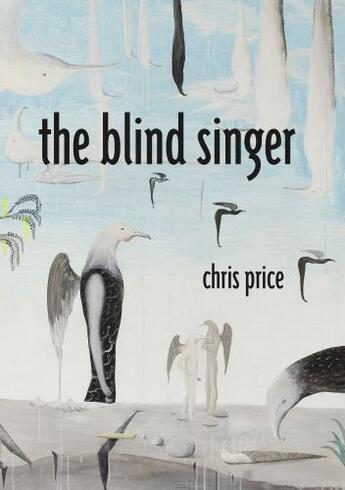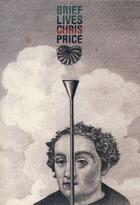-
Nombre de pages : (-)
-
Collection :
(-)
-
Genre :
(-)
-
Thème :
Non attribué
-
Prix littéraire(s) :
(-)
Résumé:
How does 'music hold us up'? In The Blind Singer, Wellington writer Chris Price 'cultivates the art / of listening' to explore this question. Price has a clear and precise ear and the poems dance and shimmer around 'the heart of our hearing'. And she draws on wider material: Music and science... Voir plus
How does 'music hold us up'? In The Blind Singer, Wellington writer Chris Price 'cultivates the art / of listening' to explore this question. Price has a clear and precise ear and the poems dance and shimmer around 'the heart of our hearing'. And she draws on wider material: Music and science meet, shake hands, are introduced to history. Scepticism contends with superstition, and blindness and sight interrogate each other, eventually agreeing that 'Sometimes/ you have to turn away so you can see'. Price knits the curious and the arcane into her lines in poems variously elegiac, melodic, fiery, charming, observant and dramatic. The Blind Singer ends strongly with Price's long sequence 'The Angel Question', originally written for the science-literature project Are Angels OK? (2006). Here Price considers - by way of Einstein, Rilke and Picasso - how 'each bright / idea has its history': looking for traces of angels; walking the bright line between poetry and physics; and concluding that 'maybe a life can hang / from a thread of song'. Bursting with musical elements from bells, nursery rhymes and traditional ballads to Chaplin and Einstein playing string quartets and the Tubists' Universal Brotherhood Association, The Blind Singer is a luminous performance that continues to reverberate in the head long after the reading is over.
Donner votre avis















